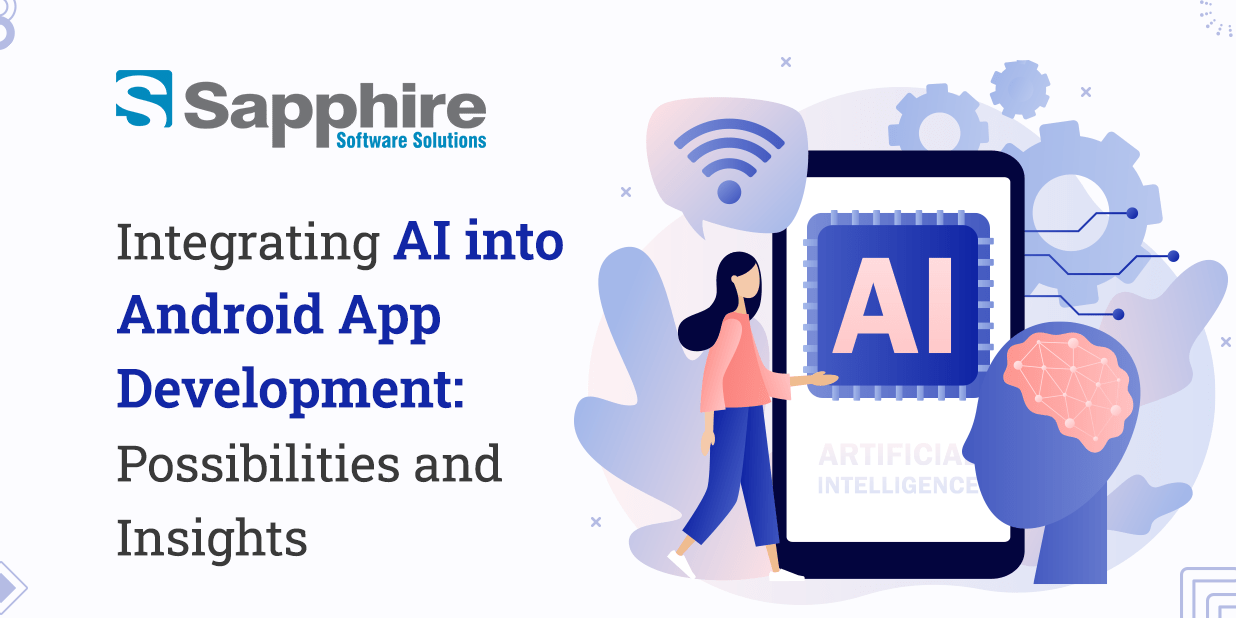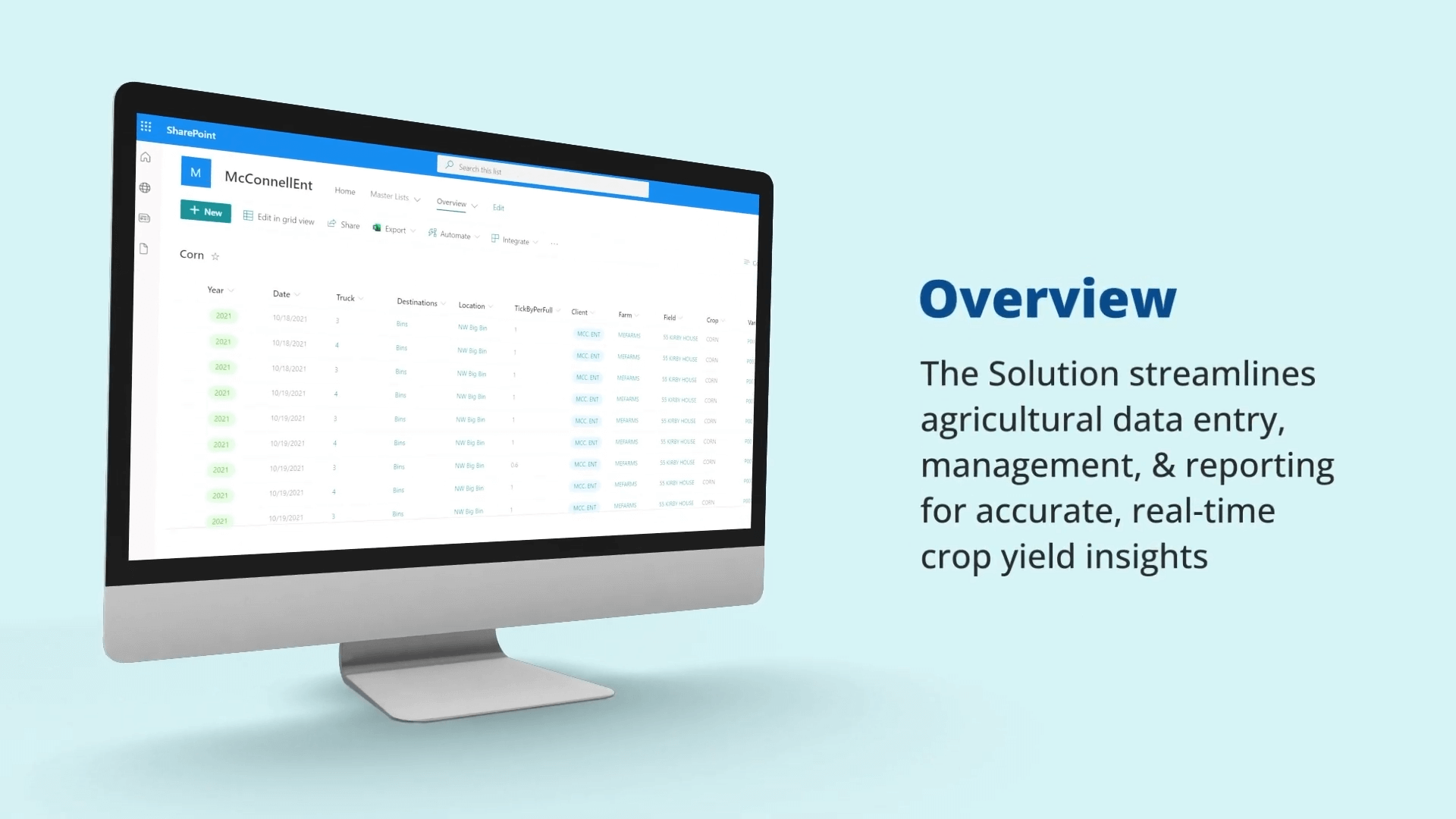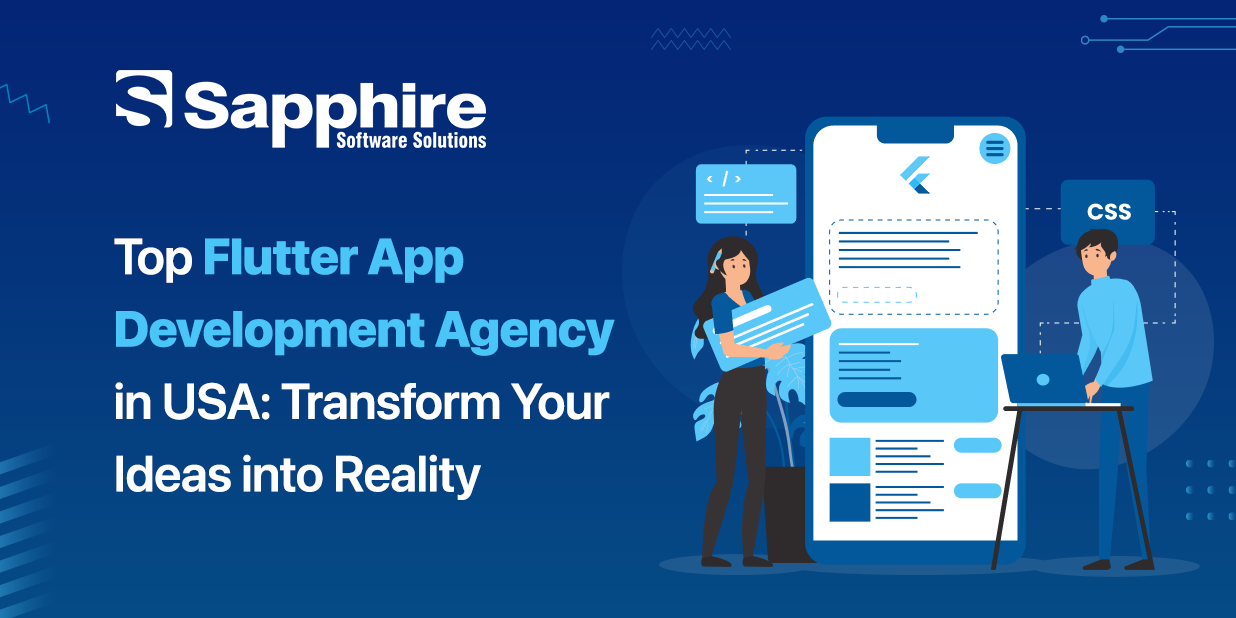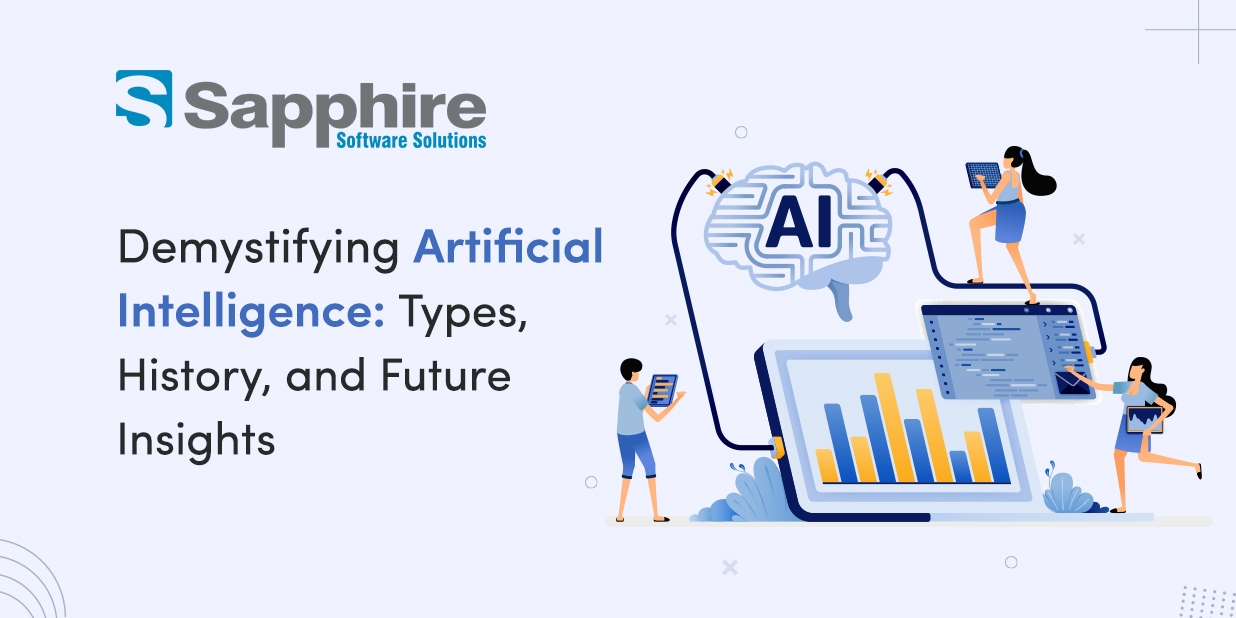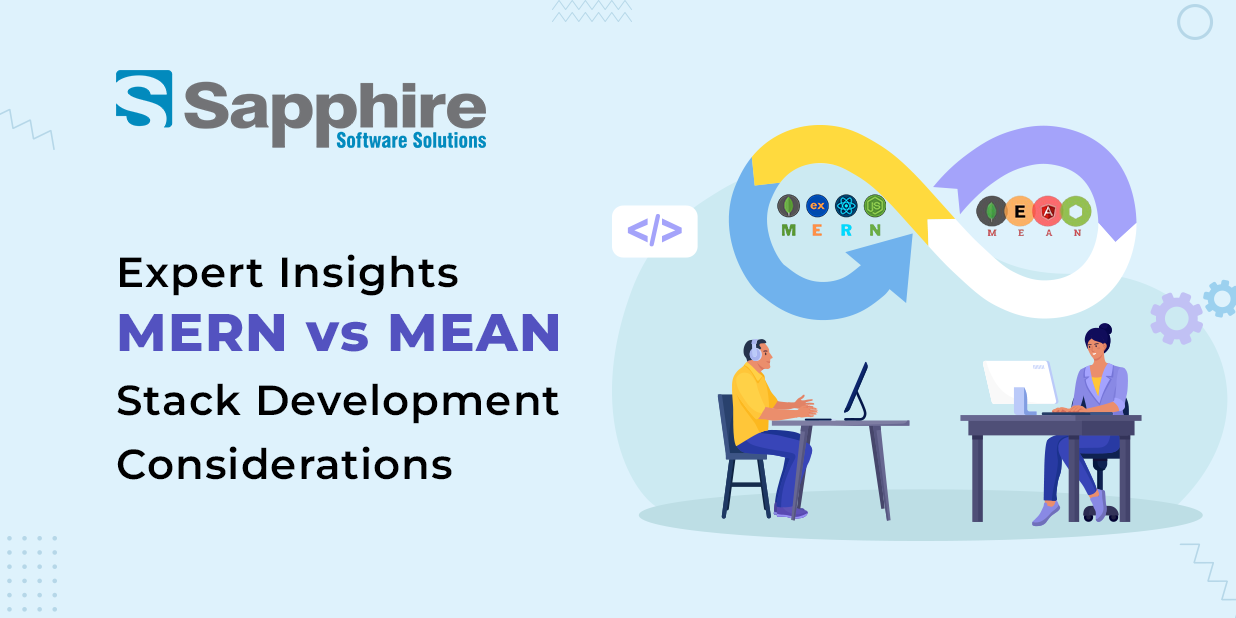The marriage of artificial intelligence (AI) and Android app development is a cornerstone of innovation in a society characterized by fast technological breakthroughs. With its large user base and various apps, the Android ecosystem presents a favorable environment for AI to provide more intelligent, user-friendly, and customized Android app development services. As AI technologies advance, their incorporation into Android applications opens up many opportunities beyond conventional limitations.
AI-powered Android app development represents a fundamental change in user interaction with devices and apps, not just a technology fad. The fascinating area of incorporating AI into Android app development is explored in this article, along with the many options it presents and the insights that inform its use.
The promise for improved user experiences, predictive analytics, natural user interfaces, and new functionality is tangible as the line between human and machine interaction blurs. AI changes the app development landscape, from AI-driven chatbots that provide real-time support to predictive algorithms that foresee user demands.
However, difficulties with data security, privacy issues, and speed optimization appear in addition to these opportunities. A crucial challenge is balancing using AI’s capabilities and protecting user data. Developers must maneuver these complexities while using the tools and frameworks.
This blog helps a user or an Android app development company in USA use AI’s capacity to improve Android app development by highlighting the possibilities and the limitations.
1. Enhanced User Experiences:
The creation of Android apps with AI integration represents a significant advance in improving user experiences. Applications may revolutionize customer service and problem-solving by providing consumers with real-time help via AI-powered chatbots and natural language processing (NLP). These virtual assistants pick up new skills from every engagement, gradually enhancing their replies and precision. AI algorithms may also monitor user behavior and preferences, allowing applications to give material, suggestions, and alerts that are especially relevant to the user. Ultimately, this personalization strengthens relationships between users and the app by creating a more captivating and immersive user experience.
Android applications may provide a more natural and dynamic experience using AI’s capacity to understand user intent and context. As a result, applications now effortlessly adjust to user preferences, meet their demands, and provide a degree of personalization that was before unimaginable. Finally, AI enables Android applications to move away from conventional processes and toward fluid and dynamic conversations that connect with each unique user.
2. Smarter Functionality:
Using AI in Android applications opens doors to new spheres of functioning. For example, the shopping experience might be significantly improved by allowing consumers to try on clothing before purchasing.
Furthermore, language boundaries are broken down by AI-powered language translation, which promotes global communication. Android applications may provide real-time spoken or written language translation, increasing accessibility and user base diversity. Developers may provide consumers with experience beyond standard software operations by including these intelligent features.
3. Predictive Analytics:
Predictive analytics powered by AI are already a part of Android applications, adding a sense of anticipation and foresight. Apps may proactively provide advice and recommendations by evaluating user data and behavioral trends. This predictive quality improves consumers’ productivity and convenience. For instance, a fitness app may forecast a user’s likelihood to exercise based on past behavior, urging them with reminders or workout recommendations at the most suitable moment.
Predictive analytics has a significant upside for e-commerce applications. These applications may provide product recommendations based on a user’s past purchases, browsing habits, and preferences, thereby boosting sales and customer engagement. Predictive analytics integration enables Android applications to respond to user demands proactively.
4. Natural User Interfaces:
Users’ interactions with Android applications have changed paradigm because of Natural User Interfaces (NUI). Users may interact with applications via voice commands and chats thanks to speech recognition and natural language processing (NLP) driven by artificial intelligence (AI). Interactions become more natural and practical by doing away with the necessity for conventional touch-based input techniques, mainly when touch engagement is difficult or impossible.
By enabling more human-like interactions with applications, NUIs change the user experience. This tendency is best shown by virtual assistants like Google Assistant, highlighting the possibility of natural interactions. By adding NUI features, Android app developers may design user interfaces that appeal to a larger variety of users, including those who might have impairments or limits that interfere with conventional touch-based interactions. This diversity underlines the revolutionary influence AI has on how users interact.
5. Data Security and Privacy:
While there are many benefits to integrating AI into Android applications, there are also data security and privacy issues. Apps with AI capabilities often need access to user data to function correctly. To protect sensitive user data from unauthorized access, security breaches, and abuse, developers must prioritize effective security procedures.
Trust in AI-powered Android applications mostly depends on transparency and user permission. Developers must be transparent about how user data will be gathered, used, and processed. Granular permissions and opt-out systems that give users control over their data enable them to make educated privacy choices. Developers may balance using AI capabilities and preserving user privacy by enacting strict data protection regulations and encouraging openness.
6. Performance Optimization:
AI has a significant impact on how well Android applications operate. Machine learning algorithms may examine how users interact with an app, spot performance issues, and provide suggestions for improving productivity. This proactive strategy guarantees that applications continue to be responsive and fluid even as they tackle activities that are becoming more and more complicated and driven by AI.
The difficulty facing developers is balancing the performance of apps with powerful AI capabilities. AI models may need a lot of processing power, which may reduce responsiveness and battery life. To reduce latency and data consumption, developers must tailor AI algorithms for mobile contexts and consider techniques like on-device processing. Developers may create applications that provide advanced functionality and a smooth user experience by optimizing AI implementations.
7. Development Challenges:
There are particular difficulties involved with incorporating AI into Android app development. To successfully create AI-driven features, developers must thoroughly grasp AI’s ideas, algorithms, and methodologies. Working with data scientists or AI experts might be advantageous to ensure the creation of reliable and effective AI models.
The user experience and app performance might be impacted by the considerable computing resources that AI models need. Maintaining app performance while integrating AI capabilities is a constant problem that calls for rigorous testing and optimization.
8. Tools and Frameworks:
The pre-trained models and APIs provided by Google’s Firebase ML Kit make incorporating AI features simple and accessible to developers with varied degrees of AI competence.
By streamlining the development process, these tools allow developers to concentrate on creating cutting-edge AI-powered features rather than having to construct everything from the start. Developers may use these tools to speed up the AI integration process and provide more engaging user interfaces for Android applications.
Conclusion:
A revolutionary path, the incorporation of AI into Android app development opens up many opportunities for improving user experiences, allowing more brilliant functionality, and redefining how applications interact with users. Substance potential benefits exist despite the need to handle issues like data privacy, security, and performance optimization. You can hire Android developer in USA from us to build more individualized, intelligent, and user-centric experiences that will shape the future of mobile apps by adopting AI-driven solutions. Our developers are flexible, creative, and dedicated to giving consumers the most incredible experiences as AI technology advances.



















